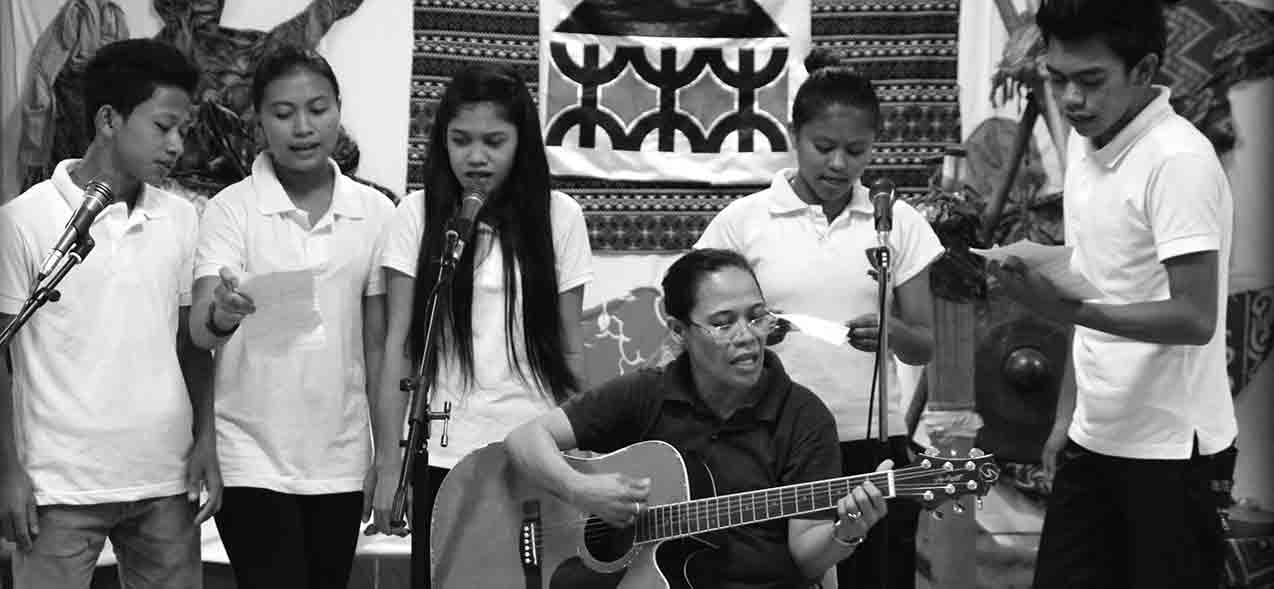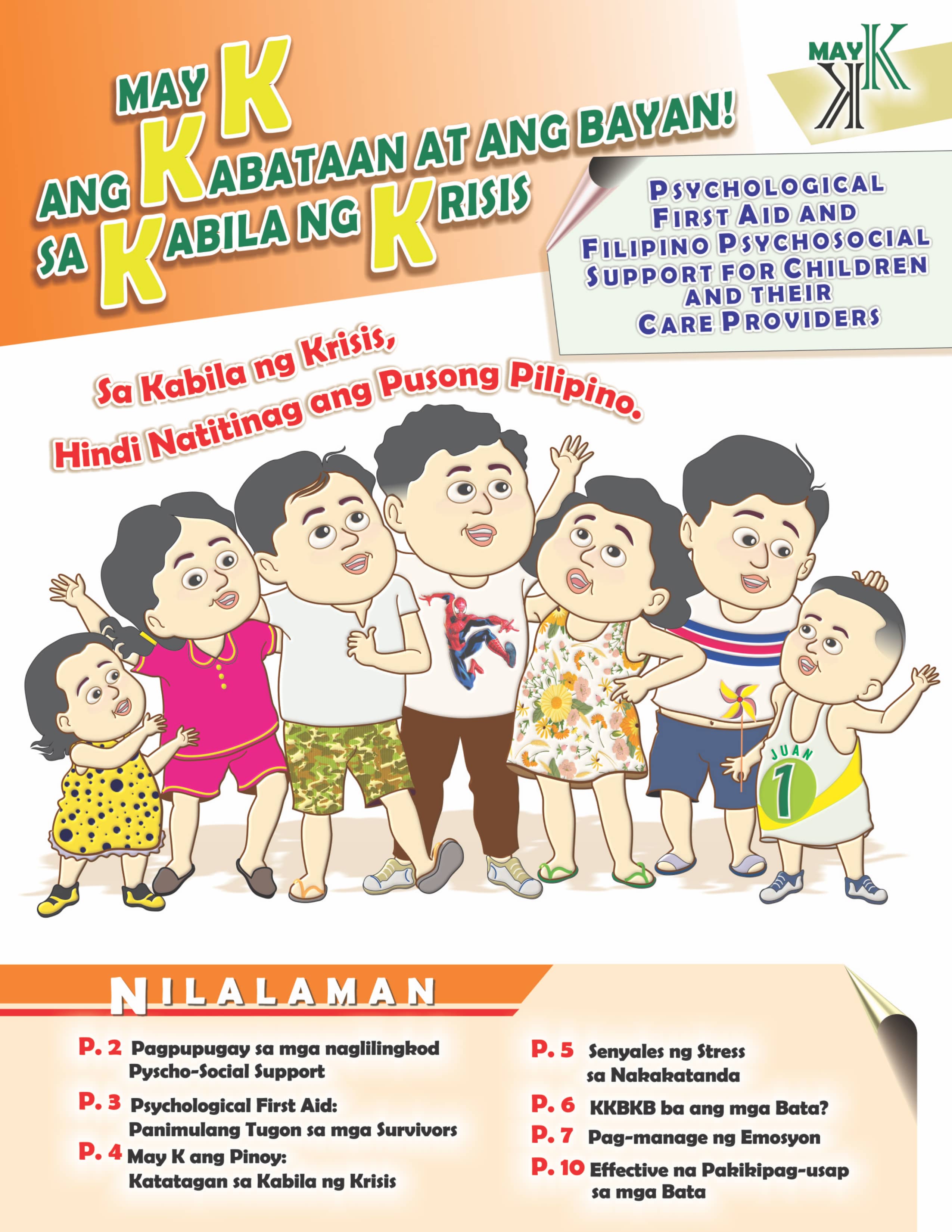Government social workers and an investigator from the Commission on Human Rights from Davao City joined Balay in documenting cases of torture in Mati, Davao Oriental on May 18, 2017. The documentation team was able to gather the narrative accounts of 10 civilians who claimed to still suffer from the effects of torture and ill treatment from members of security forces who swooped down their village during the ‘all out war’ campaign of then President Estrada against Moro rebellion.
Social workers from Balay facilitated the conduct of fieldwork in the village of Taragona populated mostly by Kalagan Muslims. The civilians agreed to share their torture accounts upon knowing from Balay that they have a right to rehabilitation under the Anti Torture Act.
The documenters found out that most of the victims have been forcibly taken by soldiers and were brought to jail for their alleged involvement in the rebellion. Their cases were dismissed two years later. Most of them said that they suffered from systematic beating, headbanging, punching, and kicking from the hands of their captors. Some recalled being hit by a truncheon or rifle butt or other similar object. Others said they were tied or forced to assume fixed and stressful bodily positions.
The effects of torture appeared to be still remarkable among the victims despite the years that have passed since their ordeal. Among their complaints are difficulty in sleeping, recurrent nightmares, fear of persons in military uniform, body pains, among others. They became easily startled by sudden or loud noises and some harbour feelings of revenge and hatred.
The victims have not had any form of psychosocial intervention before. They said they have not told authorities about their ordeal then thinking that nothing will come out of it anyway. Now that they know that government agencies have acknowledged their human rights violation, they felt that they can get some form of services and reparation for the suffering they have gone through.
The joint activity was part of the partnership between Balay, DSWD and CHR in promoting the Comprehensive Program for the Rehabilitation of Torture Victims (CPRTV) as provided for under the Anti Torture Act.
Balay’s medical examiner and psychosocial practitioners will conduct further medical evaluation and psychological screening following the field documentation. The results of the documentation will be used to facilitate access of the victims to health and psychosocial support services by the DSWD and other agencies.
The DSWD and Balay will also hold a case conference to further build the capacities of government social workers in doing torture documentation on their own.
























